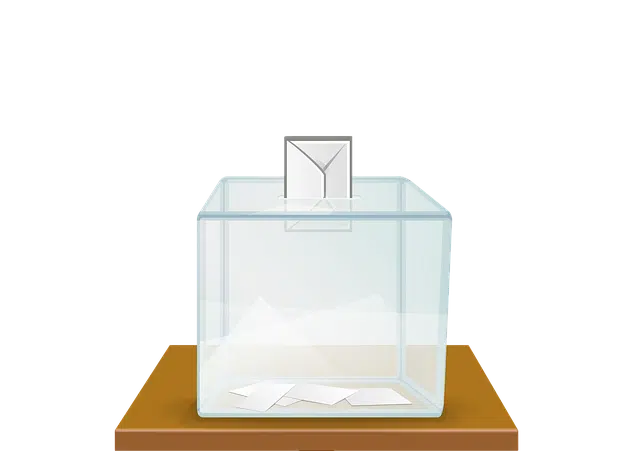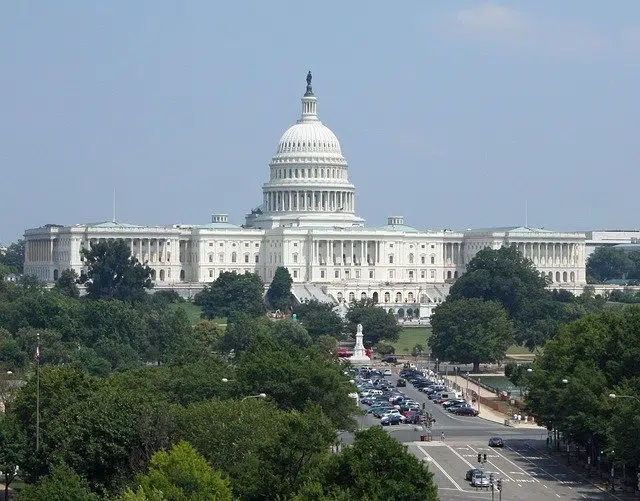
A political regime is defined by the institutions and laws that allow the State to be organized and power to be exercised.
A regime is a system that makes it possible to establish and regulate the operation of something . Politics , for its part, is the management of public affairs and ideologically oriented decision making.
The set of institutions and laws that allow the organization of the State and the exercise of power is known as a political regime , therefore. The political regime determines the access route to the government and the way in which the authorities can use their powers.
Government and State
There are several concepts that are confused with the idea of political regime. The government regime , for example, refers to how the different powers of the State are linked (presidential regime, parliamentary regime, etc.). The form of State , for its part, indicates how power , population and territory are articulated.
A paradoxical situation occurs with the political regime. The regime emanates from the will of the people, which determines the characteristics of the political regime. But, simultaneously, the very structure of this regime ends up conditioning the will of the population.
Types of political regimes
There are various types of political regimes. Many theorists distinguish between democracy , monarchy and aristocracy . Another possible classification differentiates between regimes with a single party and pluralist regimes .

Congress is a central component of a political regime.
There are those who believe that a political regime can be corrupted and lead to something different, even when it maintains its institutions and its forms. Democracy, in this sense, could lead to demagoguery , while monarchy could become a tyranny .
In addition to those presented, we can determine that there are other types of political regimes, such as the following:
-Republican regime. As its name already indicates, in this system there is no monarch who acts as head of state but rather it is a group of representatives, chosen by the people at the polls, who are in charge of governing. That government does so in the name of the people, who are the ones who have sovereignty.
-Oligarchic regime. It also responds to the name oligarchy and, if we study its etymology a little, we can know what it means: the supreme power of a State is exercised only by a small group of people who belong to the same social class. Its origin is in Ancient Greece and it is considered to have ended up becoming a tyranny.
-Totalitarian regime. This is one of the most repudiated and feared political regimes throughout history, since the police and propaganda become instruments of "pressure" and "submission" to the people. And in this case there is neither the separation of powers nor sovereignty, the power is held only by the State, which "skips" all the basic rights and norms that are established in today's society. Under this umbrella are both the fascist regime imposed in Italy by Mussolini and the Nazi regime carried out in Germany.
-Aristocratic regime. The sovereign power, the government of a State, in this case is held by a group of people who are considered to be the most suitable to carry out said work.
